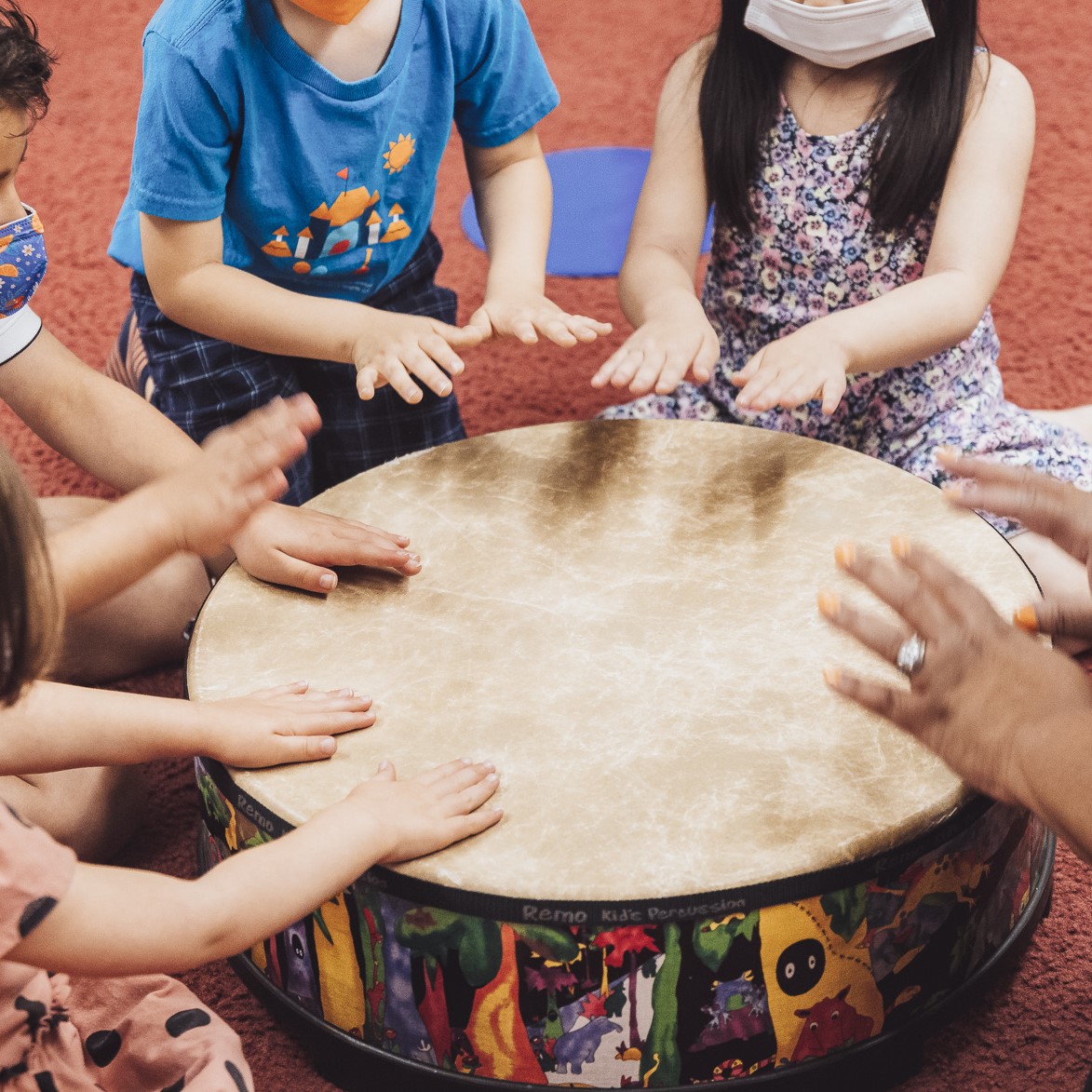Music Therapy FAQ
What is music therapy?
Music Therapy is the clinical and evidence-based use of music interventions to accomplish individualized goals within a therapeutic relationship by a credentialed professional who has completed an approved music therapy program. (American Music Therapy Association definition, 2005)
Who is qualified to be a music therapist?
A person holding a music therapist-board certified credential (MT-BC) who has completed an approved college music therapy program, including an approved internship, and has successfully completed the national examination given by the Certification Board for Music Therapists.
Who can benefit from music therapy services?
Individuals from birth to the elderly with autism spectrum disorders, developmental and learning disabilities, mental health needs, Alzheimer’s disease and other aging related conditions, substance abuse problems, brain injuries, physical disabilities, medical issues, and acute and chronic pain, including mothers in labor. Music therapy services can also be provided to promote wellness, stress and pain management, and relaxation for the general population.
Where do music therapists work?
Music therapists work in a variety of settings, including, but not limited to: schools, hospitals, rehabilitation centers, outpatient clinics, nursing homes, psychiatric hospitals, private practice, and community centers.
What do music therapists do?
Music therapists are trained to assess an individual’s physical, cognitive, social, emotional, and communication abilities through music. Sessions are then designed to meet the needs of individuals and groups. Music therapists also provide ongoing evaluations of client progress and are involved in interdisciplinary treatment planning.
What happens in a music therapy session?
Session content varies depending on the needs of the individual or group. Sessions may include improvising on instruments or through singing, listening to music, song writing, discussion of lyrics, developing musical skills through learning to play and perform on an instrument, and learning skills through music.
What goals does music therapy target?
Music therapy may use music to address: social skills, motor skills, speech/language/communication, emotional identification and management, recreation/leisure skills, self-expression, creativity, cognitive skills. Music therapy groups may also focus on social interaction skills, turn taking, readiness skills, and conversational skills.
Is music therapy supported by research?
Yes. The American Music Therapy Association produces two publications, Journal of Music Therapy and Music Therapy Perspectives, both containing research regarding music therapy in a variety of settings. Literature is also published in other sources supporting music therapy as an effective intervention.
How long are music therapy sessions at Levine?
Individual music therapy sessions are 45 minutes.
Group music therapy sessions are 60 minutes.
How much do sessions cost?
Please refer to our Music Therapy Tuition and Fees for specific information.
Can services be reimbursed through insurance?
Families are welcome to seek insurance reimbursement for music therapy services. The Music Therapy Department will provide supporting documentation to assist you in the process of seeking reimbursement.
To Begin The Enrollment Process for Music Therapy Services:
- Please contact Leanne Belasco, Director of Music Therapy, at lbelasco@levinemusic.org or (202) 686-8000 x 1103.
- Or, complete the Music Therapy Intake Form : Ages 0-22 or Adults. Once your Intake Form has been reviewed, you will be contacted to schedule a Music Therapy Assessment.

The #1 Summer Camp
Camp Levine was recognized in 2019, 2020, and 2021 by Washington City Paper’s annual “Best of D.C.” publication as one of the “Best Summer Camps in D.C.”, winning the title of #1 Summer Camp in 2021!
Registered 501(c)(3). EIN: 52-1063325




